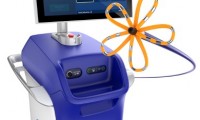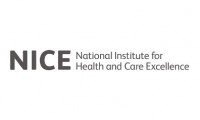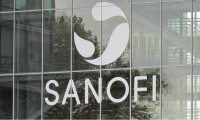-
Kezar and Everest enter lupus nephritis therapy development deal
- Source: drugdu
- 153
- October 1, 2023
-
Evaxion partners with Afrigen Biologics to develop mRNA gonorrhea vaccine
- Source: drugdu
- 101
- September 30, 2023
-
Study finds mixed results for mobile health app in cardiac rehabilitation
- Source: drugdu
- 104
- September 28, 2023
-
Merck KGaA’s MilliporeSigma pumps €28M into 2 new mRNA production plants
- Source: drugdu
- 189
- September 28, 2023
-
Boston Scientific expects ‘dramatic shift’ to pulsed field ablation to fuel fast growth through 2026
- Source: drugdu
- 239
- September 25, 2023
-
Novartis Returns Cancer Asset Tislelizumab to BeiGene
- Source: drugdu
- 113
- September 21, 2023
-
Pfizer’s Vydura recommended by NICE for acute migraines
- Source: drugdu
- 128
- September 20, 2023
-
FDA Approves GSK Myelofibrosis Med That Has Edge Over Others in Drug Class
- Source: drugdu
- 177
- September 19, 2023
-
Iovance’s PDUFA date for lifileucel pushed due to FDA backlog
- Source: drugdu
- 99
- September 19, 2023
-
First Wave plans to repurpose Sanofi’s capeserod as GI therapy
- Source: drugdu
- 211
- September 18, 2023
your submission has already been received.
OK
Subscribe
Please enter a valid Email address!
Submit
The most relevant industry news & insight will be sent to you every two weeks.













